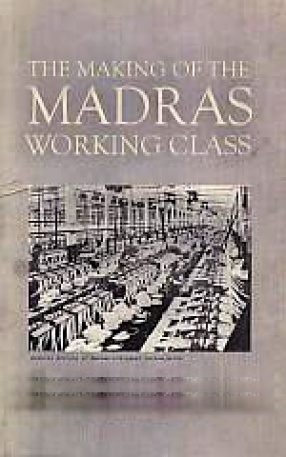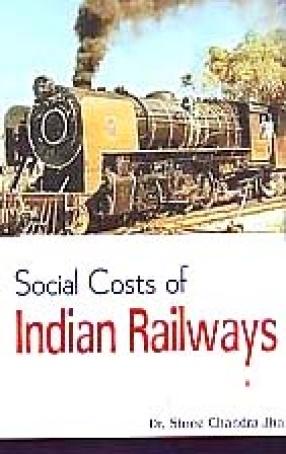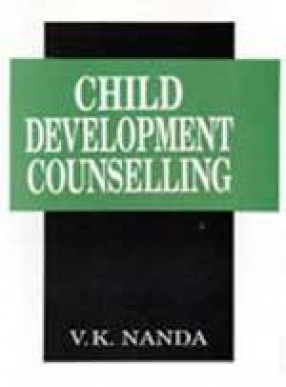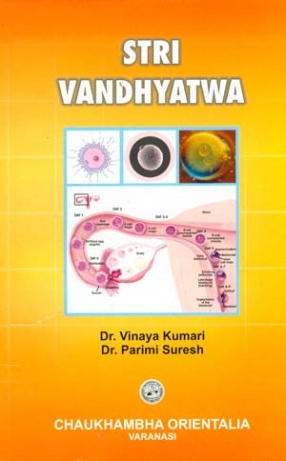Introducing the book and its production, Professor A.R Venkatachalapathy, detailed the academic value of this work and the immense effort that was put into its production by Veeraraghavan, who was visually challenged. S. S Kannan, who runs the Karl Marx Library, and was closely associated with Veeraraghavan during his PhD research, discussed how this young scholar amassed him with his thirst for reading/listening and his ability to remembers minute details with ease. Prakash Karat, who confessed to have been the anonymous reviewer of this book for left word, said that he was very happy to have had the honour of releasing this book as it was a seminal work on the first organized working class movement in India. He also narrated his own association with some of the leaders who were the primary sources for the book. Karat highlighted how even though this book was written about an entirely different epoch, some of the issues that challenge unionization remain a continuing thread that links the discourse in this book with the present day struggles of the working class. Reflecting upon the challenges that present day unions face, be it the multi-structural nature of our society that plays a very divisive role within working class organizations, or the practice of management sponsored unions that render radical unions difficult to organize and sustain.
Social Costs of Indian Railways
$29.70
$33.00





There are no reviews yet.